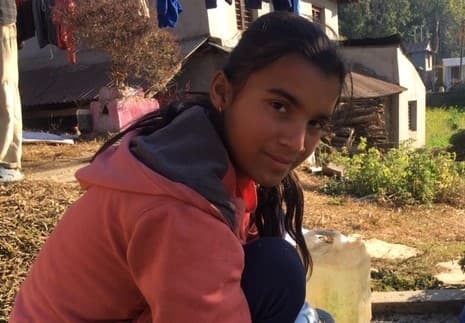
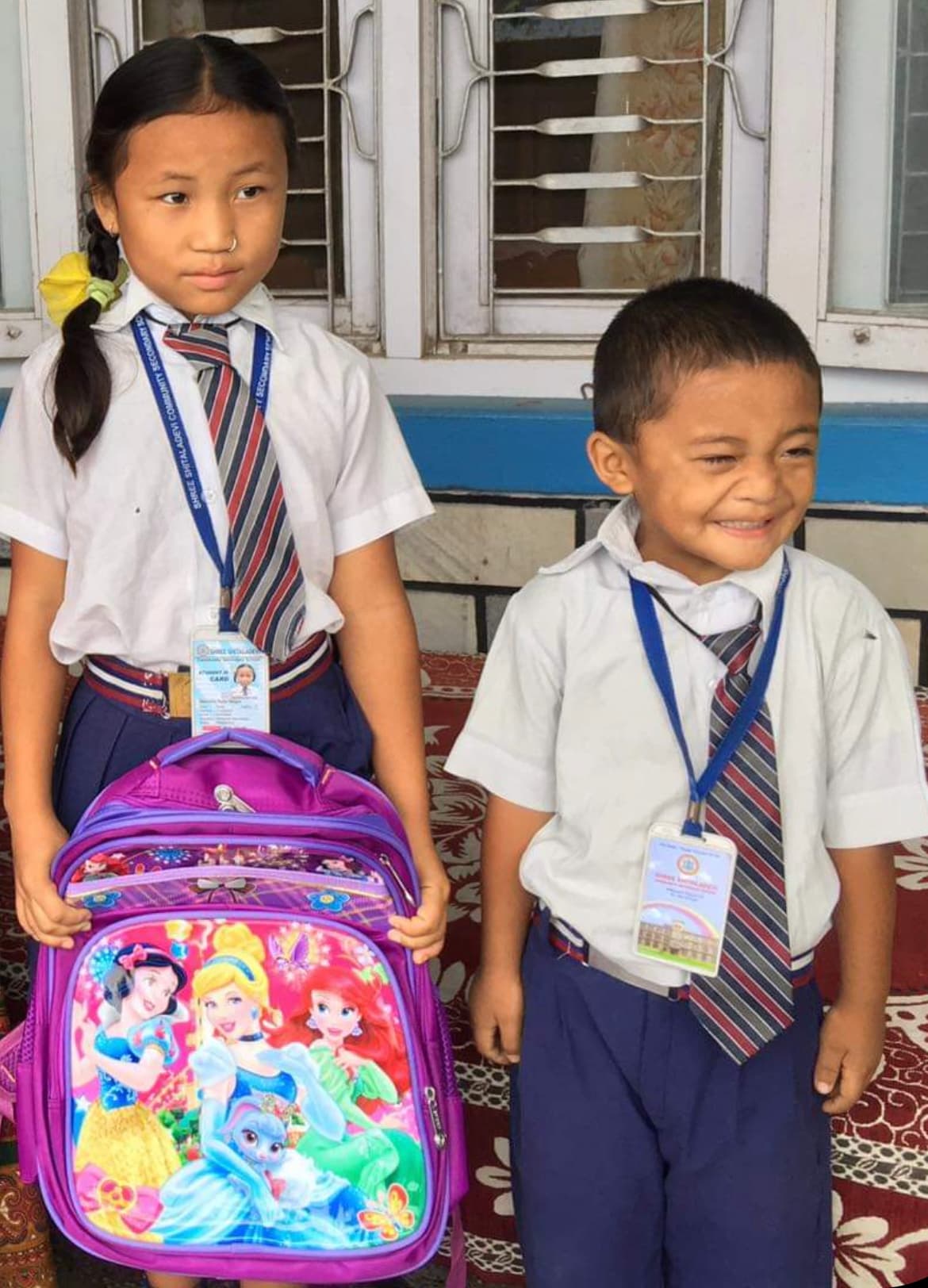
%20Sunar.jpeg&w=3840&q=75)
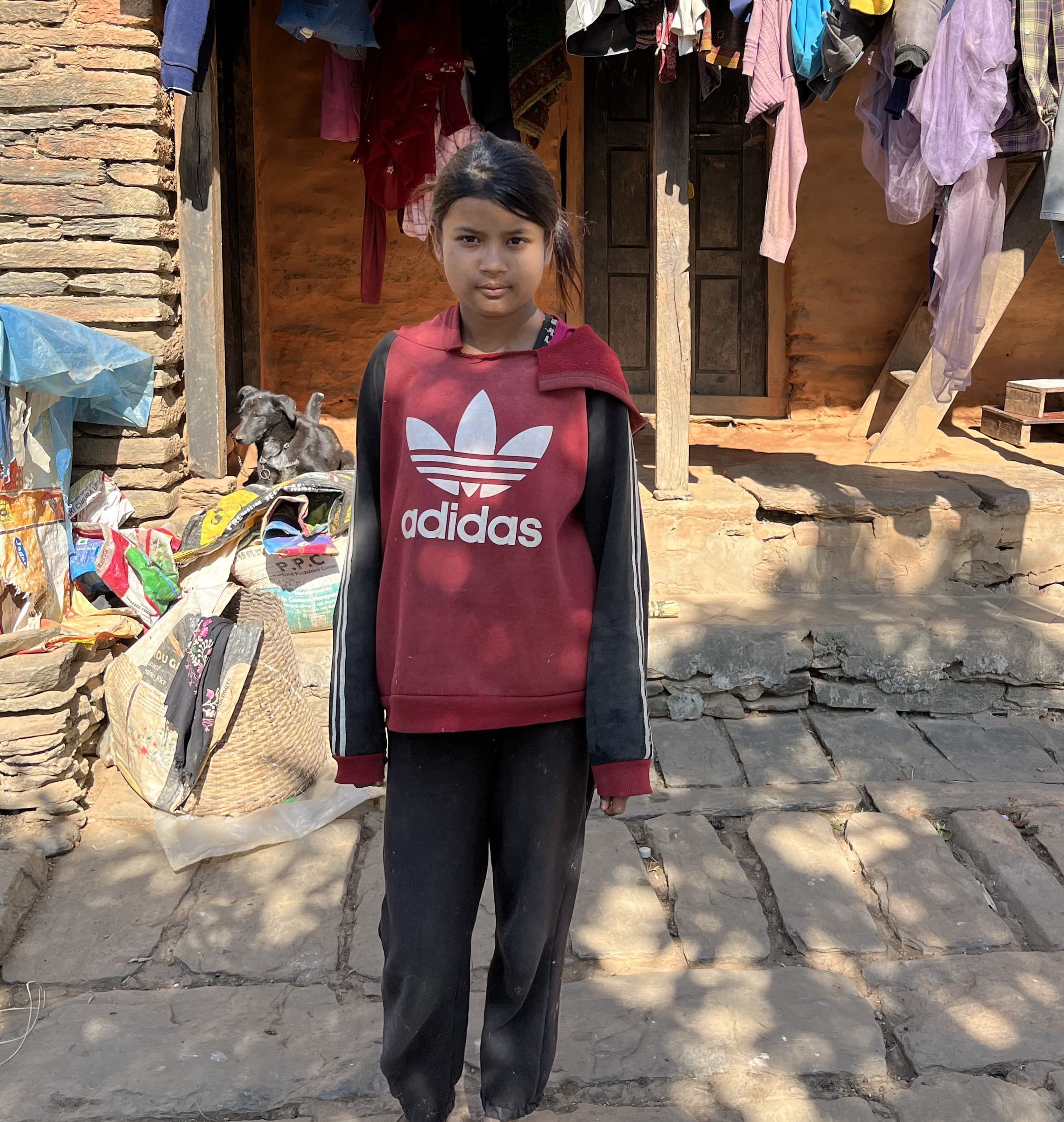
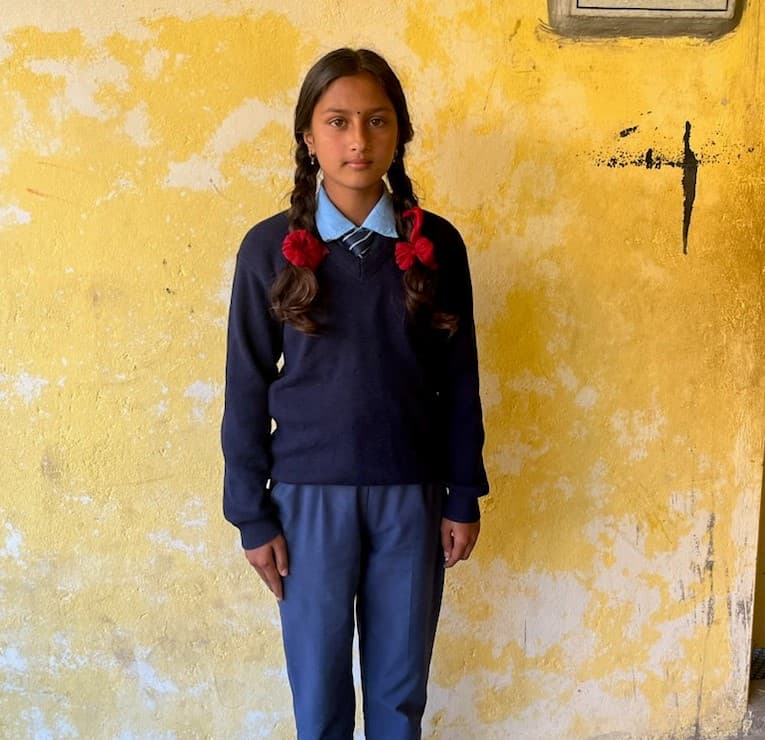
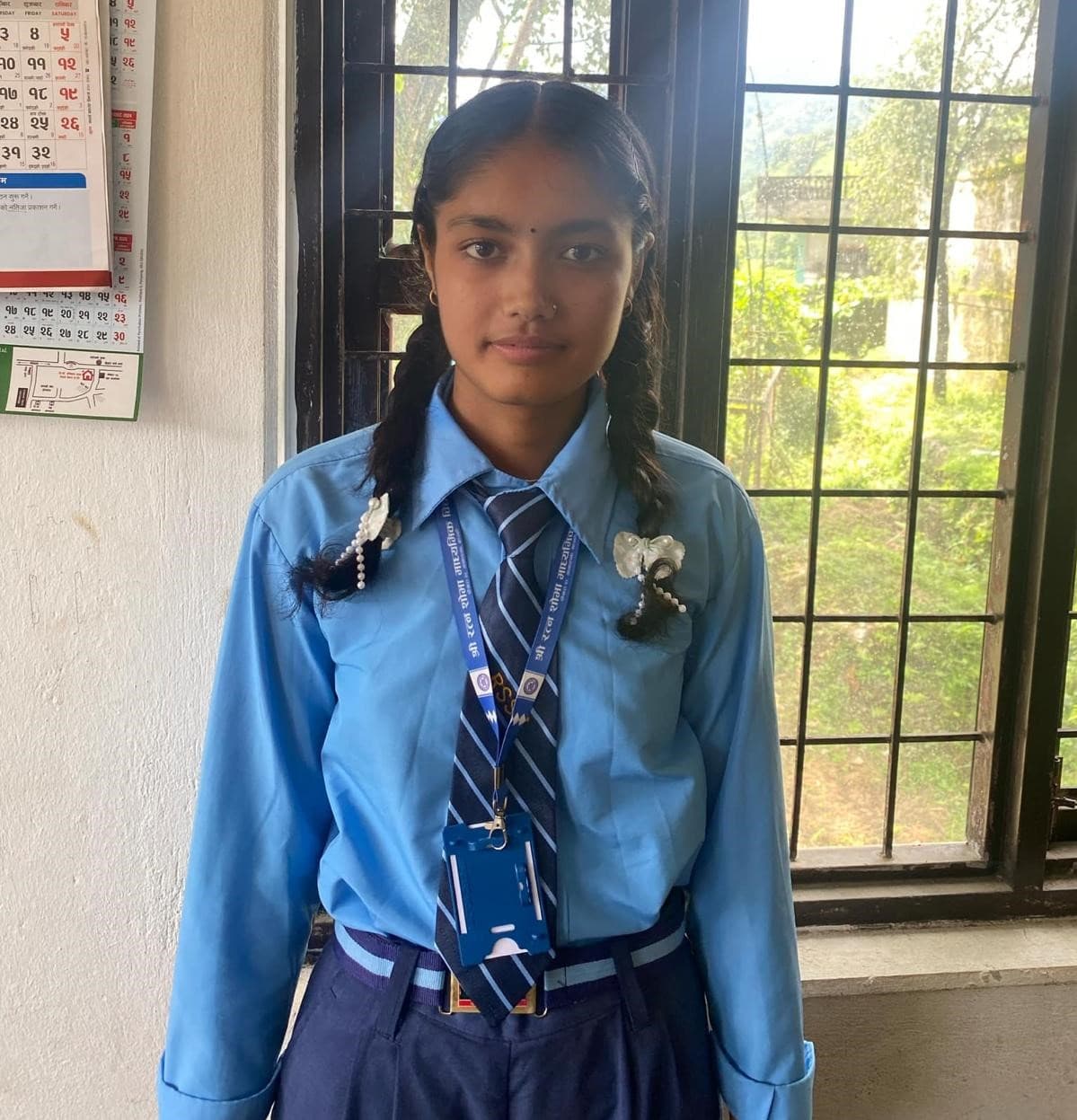
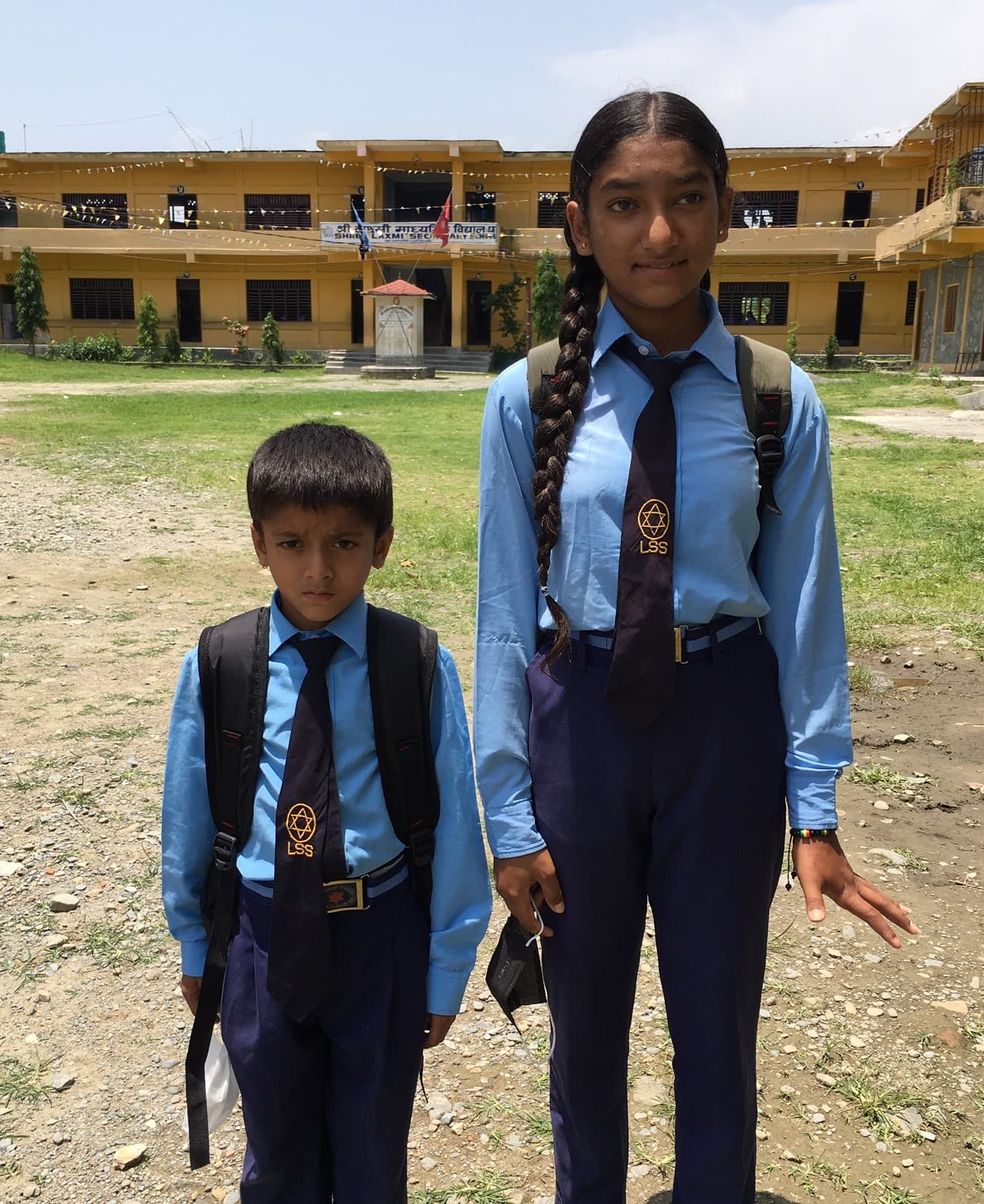
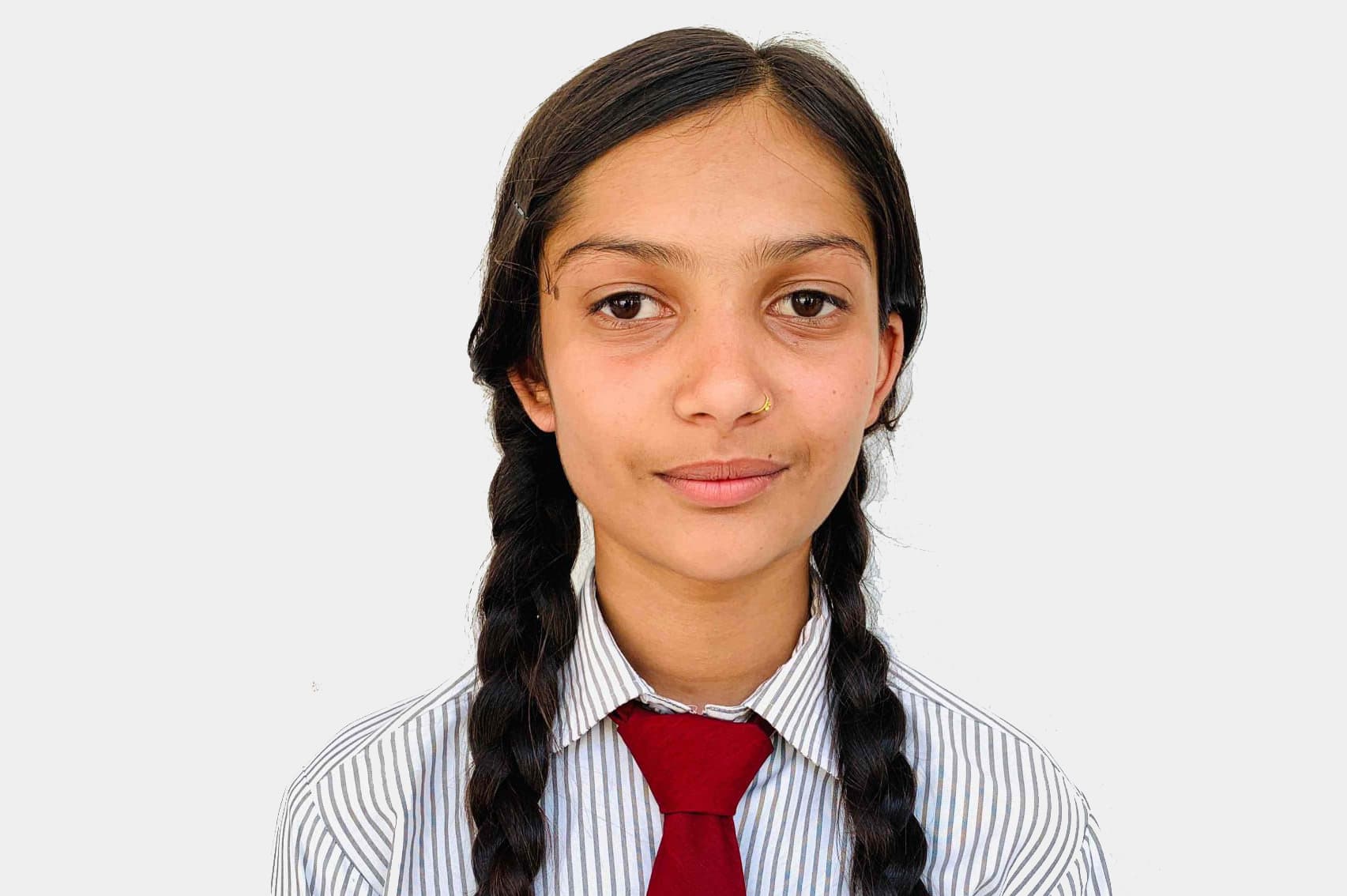
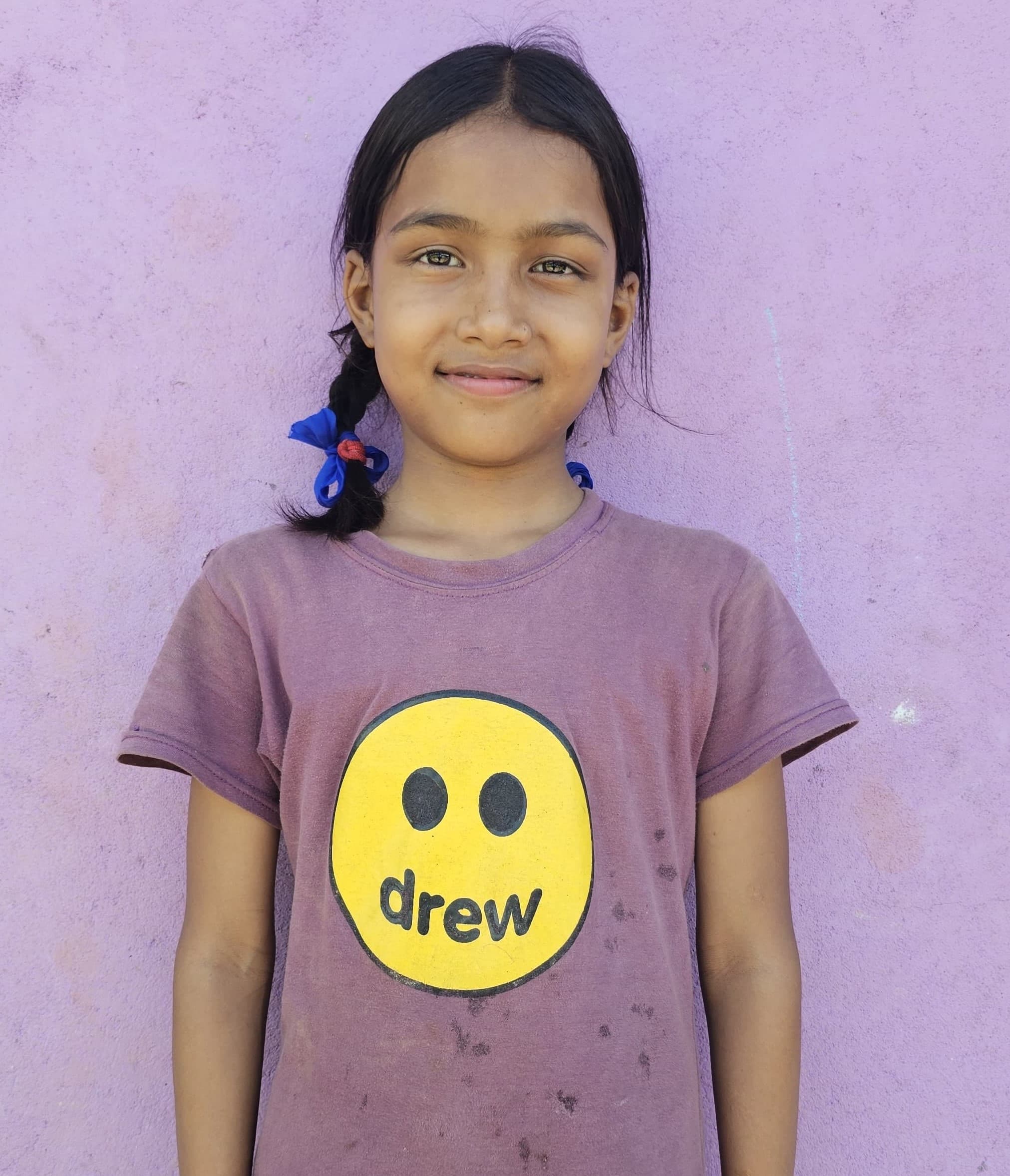
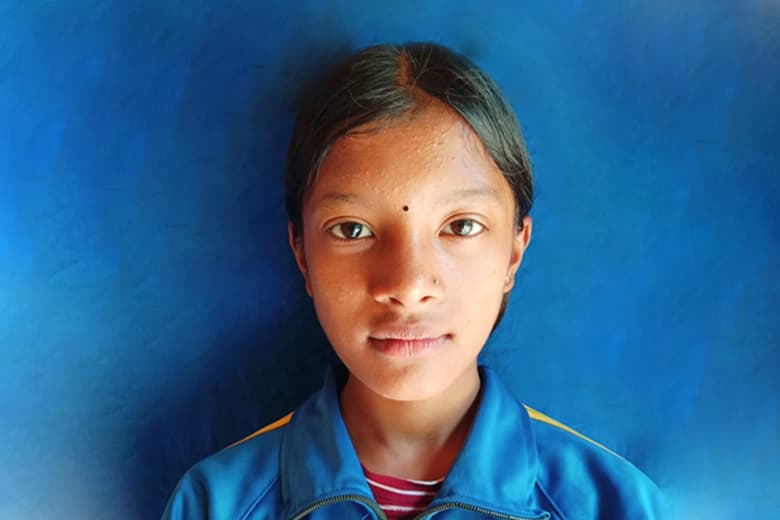
Educating Nepali Women
Female Literacy In Nepal
Girls living in poverty are especially vulnerable to child marriage in Nepal. They also have limited educational opportunities, face gender discrimination, and are subject to social and physical ostracization that harms their physical and mental health. Educational support will help empower these girls to help fight child marriage, change society’s perception of women, and abolish harmful practices like Chhaupadi, a form of menstrual taboo prohibiting women and girls from participating in normal family activities while menstruating.
Female Literacy Rate Trend in Nepal
About Bidya
Bidya is a 501(c)(3) organization supporting female students in Nepal who face difficulties completing their education due to poverty and other harsh circumstances. Unlike similar organizations, we make a long-term commitment to supporting our scholars throughout their educational journeys. Bidya enrolls scholars in a private or public English-medium school in Nepal, covering tuition, school supplies, and other education-related expenses until they finish university.
Nepalese girls, especially those from a lower caste and who live in poverty, are often subject to child marriage. They have very limited opportunities. Bidya believes that by supporting and empowering our scholars, we stop her from being another child bride, and we hope that she will break out of the poverty cycle to create a different future for herself.

Our Impact
Save her life

We fundraise in the spring of every year. After we meet our fundraising goal, we start looking for girls who are at the risk of child marriage or who have left or who are on the brink of leaving school because of financial conditions. After we find our candidate, we put our money in a certificate of deposit (CD) at a bank. We put our money in a diversified portfolio of well-known Nepali banks that have a slight risk of defaulting. We receive 8-13.5% fixed-rate APR in interest each year. We use the money received from interest to pay for primary and secondary education. After they graduate from high school, we take all our initial deposit and use it to pay for college. Currently, we receive a discounted tuition fee. We have also made a contract with the school to not raise our tuition for the next five years. We will be changing the methods as we find better alternatives.
Please consider donating to Bidya today. 100% of your donation goes toward funding these scholarships. Bidya is in need of approximately $2,000 - $2,500 for each scholars. If you have any questions or want to donate directly, please feel free to email us at bidyaeducation1@gmail.com or call at 347-475-5054. Bidya appreciates your support.